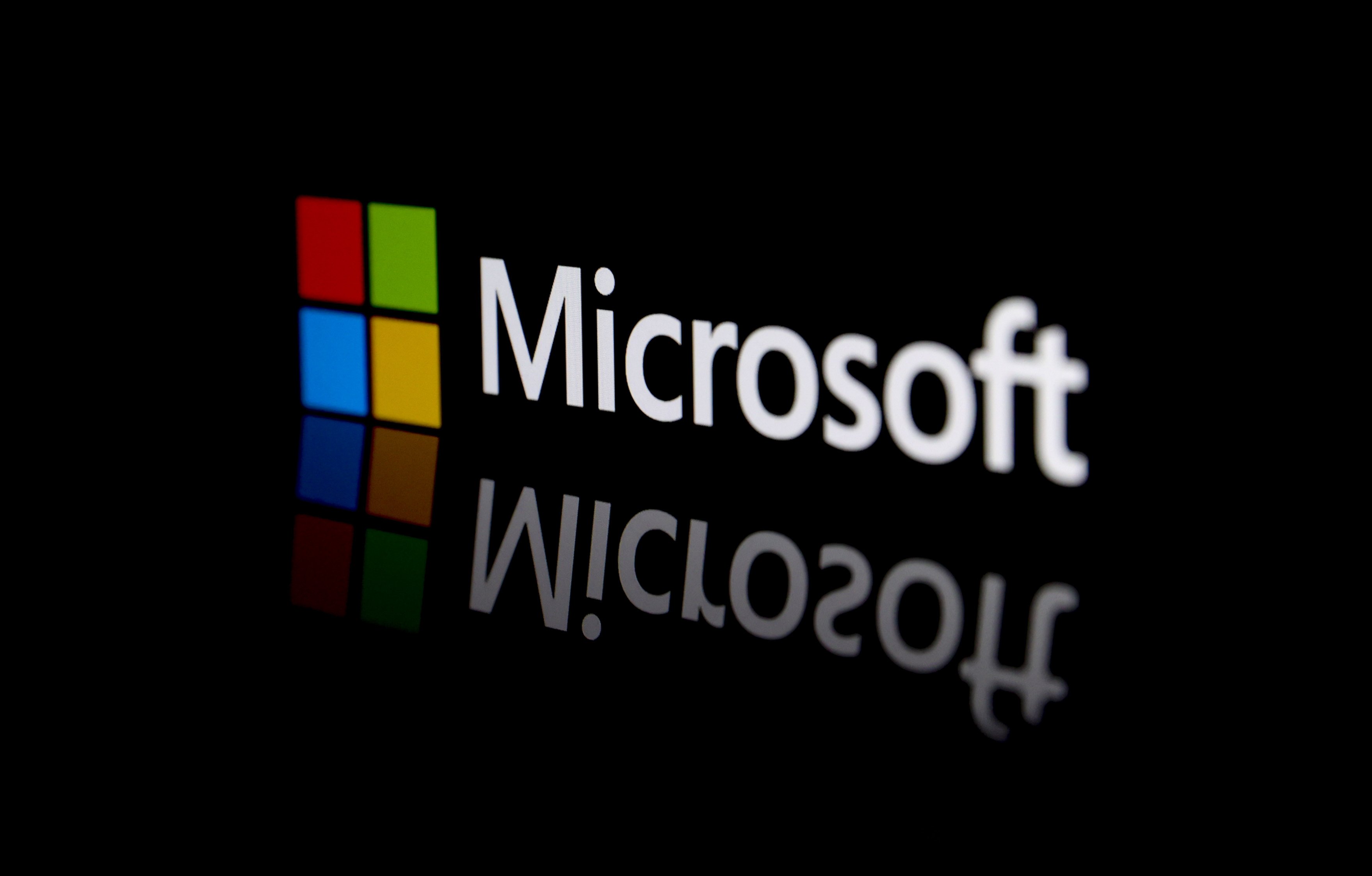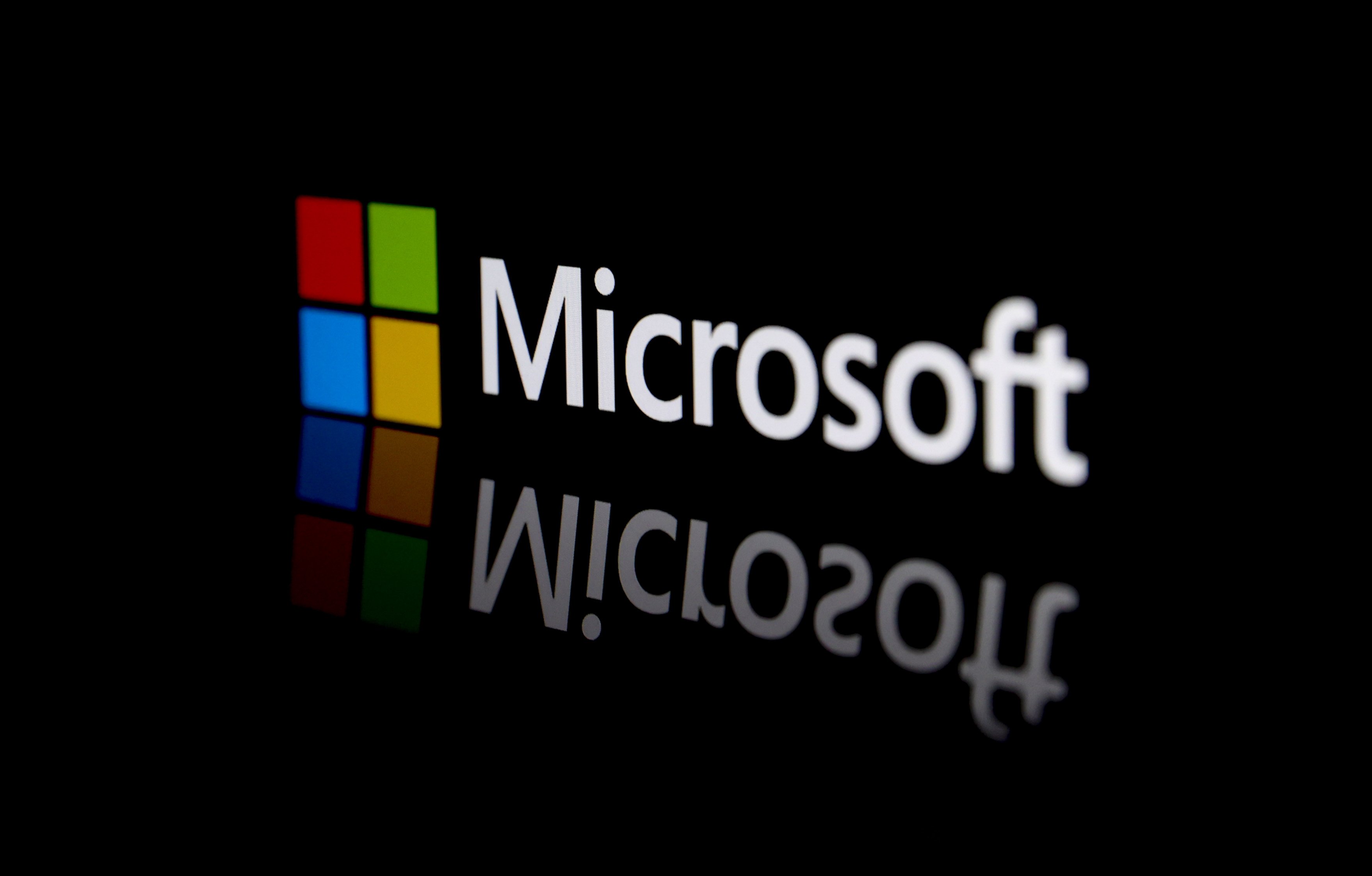In its latest bid to challenge Microsoft's (MSFT 0.74%) LinkedIn, Facebook (FB 2.96%) recently expanded its job search feature to 40 new countries, including the U.K., Spain, France, Germany, Italy, and Brazil, after launching it in the U.S. and Canada last year.
Alex Himel, vice president of local at Facebook, claims that "one in four" people have found a job through Facebook, but 40% of U.S. small businesses found filling jobs "more difficult than they expected." Himel believes Facebook's job search platform "can play a part in closing this gap."

Image source: Getty Images.
Businesses can post job openings on a Jobs tab on its business page, the Facebook Marketplace, or through ads on the News Feed. Job seekers can then search for job openings, auto-fill applications with data from their Facebook profiles, submit applications, and schedule interviews via Messenger.
Why is Facebook entering the enterprise market?
Facebook flourished as a social network for connecting friends and family members, but LinkedIn remains the top social network for professional connections. In 2016, Facebook launched its enterprise collaboration platform Workplace, which is now used by over 30,000 organizations -- including Walmart (WMT +1.47%), Delta (DAL 1.13%), and Starbucks (SBUX 2.10%).
Workplace wasn't aimed at LinkedIn -- it targeted rival collaboration platforms like Microsoft's Skype Teams and Slack. By tightening its bonds with these businesses, many of which already had business pages on Facebook, Facebook made it easier for businesses to accept the idea of posting job openings on its social network. It also partnered with several job-listing aggregators, including ZipRecruiter, to integrate more job postings on its platform.
Facebook knows that it can't go toe-to-toe against LinkedIn, which had nearly half a million members before its takeover by Microsoft in late 2016. Instead, Facebook targets blue-collar and gig jobs that are frequently ignored on LinkedIn's white-collar-oriented network. LinkedIn recognized that weakness years ago -- that's why it bought smaller job site Bright, which reaches more blue-collar workers, in 2014.
But despite those efforts, LinkedIn never shook its image as an elitist platform for college-educated knowledge workers. After the takeover, Microsoft seemed more interested in integrating LinkedIn with other platforms, like Office 365 and Dynamics CRM, instead of reaching blue-collar workers.
What's the market opportunity?
Targeting blue-collar and gig jobs is a smart move, but it's not an original one. A start-up called WorkHands tried to become a "blue-collar LinkedIn" several years ago, and its network reaches about 35,000 workers and 2,000 businesses today.
Facebook, however, hosts 2.13 billion monthly active users and over 70 million businesses. If it aggressively promotes the jobs feature to those users and businesses, users could see a surge in blue-collar or gig openings appear on the social network.
Microsoft reported that LinkedIn generated $1.3 billion in revenues last quarter, or 4% of its top line. Facebook hasn't revealed any firm plans for monetizing its jobs platform, but it will likely try to grow a user base first.
Facebook and Microsoft aren't the only tech giants that want to conquer the digital job search market. Last May, Alphabet's (GOOG 0.02%) (GOOGL 0.05%) Google introduced "Google for Jobs" for the U.S. market. Google lacks LinkedIn's loyal user base or Facebook's social networking clout, but it still owns the world's top online search engine -- so it might convince job seekers to start their searches on Google.
Let's not get ahead of ourselves...
Facebook has the right tools to seize a chunk of the job-search industry, but investors should note that the company often dabbles in adjacent markets -- like e-commerce and virtual assistants -- without following through with bolder efforts.
Facebook could also struggle to win over job seekers, due to privacy concerns and the perceived differences between personal and professional networks. Investors would be wise to keep track of Facebook's digital recruiting efforts, but they shouldn't expect it to threaten LinkedIn anytime soon.












